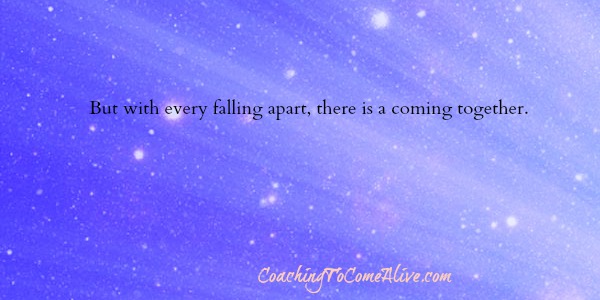There are a few traits that open doors for us, shifting our perception of the world we live in, actually creating new beneficial opportunities. Gratitude is most definitely one of them. In fact, having a simple gratitude practice– training ourselves to focus on what is good in our world– has been found to decrease anxiety and depression, while also increasing our physiological health.
There’s a very real phenomenon, and a real drag, called the Negativity Bias. The negativity bias is a trick our brain plays on us, revealing itself by the act of placing much more attention and importance on negative experiences and information than positive. The very definition of bias means it’s a cognitive manipulation (that sneaky brain). A bias is a tendency to perceive things in a distorted manner that alters our way of thinking. The negativity bias creates the circumstances whereby we end up actually looking for negativity, searching for its evidence in our lives with the power of an electron microscope, while totally ignoring the positive aspects of life.
The media feeds on this tendency. It knows we’re driven by the negativity bias, so it pumps out horror 24/7 in order to feed our addiction. There are a lot of good things happening on a daily basis as well. But we tell ourselves, because our brain is mercilessly locked onto the negativity bias, that it’s “realistic” to see only the negative. What’s realistic is to understand that there is joy in this world, as well as pain. What’s realistic is the scientific proof that what we focus on actually expands.
We get pulled into this so powerfully through the holidays.
How often this time of year do we hear (or use!) the words– stressed, maddening, chaotic, frantic, overwhelmed, too busy…?
Can we pause, take a few deep breaths, and recognize what our brain is doing to us?
Can we focus instead on a few examples of what the simple act of gratitude does for us? All of these examples have been scientifically proven and supported, and to anyone who focuses on human behavior for a living, their truth is obvious.
1.) Verbally, or somehow demonstrably, acknowledging our gratitude for the people in our lives who mean something to us creates deeper connections. Thanking strangers or acquaintances for altruistic things they’ve done leads to new opportunities and a wider support network, sometimes creating powerful, lifelong bonds. Those who haven’t trained themselves out of the negativity bias (which absolutely can be done) are more lonely, depressed, and anxious.
2.) A gratitude practice reduces toxic emotions. There have been multiple studies done on the link between gratitude and well-being, all supporting the conclusion that gratitude improves psychological health. Gratitude reduces chronic envy, resentment, frustration, and obsessive regret. It reduces stress. This in turn plays a direct role in improving our physiological health, also scientifically proven.
3.) Gratitude enhances empathy and reduces aggression. Those who rank higher on gratitude scales are less likely to seek revenge or retaliation, and they also report feeling more sensitivity and empathy toward other people. We’re all connected on this planet. We can feel the harmonious resonance of peaceful people and flock to those vibrations like moths to light, even if we’re not sure why.
4.) Grateful people actually sleep better. It has been found that writing in a gratitude journal a few minutes before bed is likely to result in longer, higher quality sleep. In the beginning, it can be hard to think of what we’re grateful for, especially if we’re depressed or highly anxious. But the brain doesn’t rate our gratitude as more or less valid. Gratitude is gratitude. I can write in my journal that I’m grateful for the color of cornflower blue, the phenomenon of photosynthesis, the awe-inspiring Oregon coast, my dog’s very kissable forehead, my new air purifier, the technology of podcasts, Alice in Wonderland, White Rock Canyon… I could go on and on an on. Gratitude doesn’t have to be about that awesome thing that happened to me today, because maybe I can’t see that yet. It has to start somewhere and it’s a muscle to be worked, like every other strength-building exercise.
5.) Gratitude increases resiliency, reduces stress, and plays a major role in overcoming trauma. Studies in behavioral research have shown that Vietnam War veterans and post-9/11 sufferers of PTSD recovered much faster if they placed higher on the gratitude scale. There have been ambassadors of this mindset from the dawn of time, and they have become immortal in their teachings to us. Martin Luther King, Jr., Viktor Frankl, Hellen Keller, Mahatma Gandhi, the Dalai Lama, Maya Angelou, Ann Frank– all have been victims of horrific misfortune, and yet will be forever etched into our history not for the pain they endured but for their resilience. They are immortal not because of their pain, but for how they transformed their pain into empowerment, sparking within us our own remembrance of what human beings are built for.
Gratitude is the language of growth, love, and kindness. The world, our planet, needs more gratitude.
I’m so thankful for you.
Love,
Kristy

And I am so grateful that you are in my life, Kristy! Leading a life of gratitude Is the best decision I make multiple times daily. I know you, too are living a life of gratitude. Thank you for sharing my life! You are such a blessing!